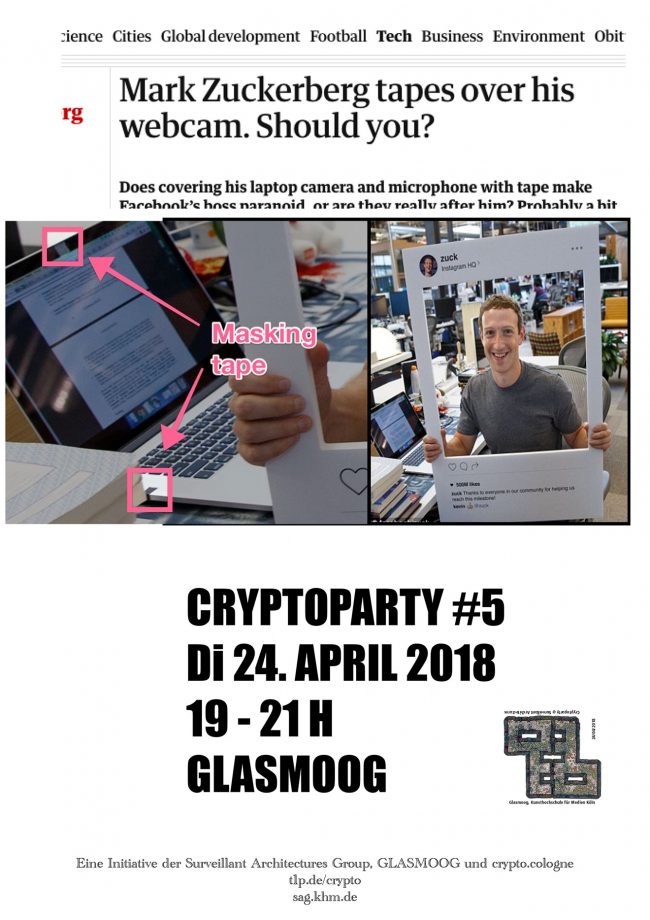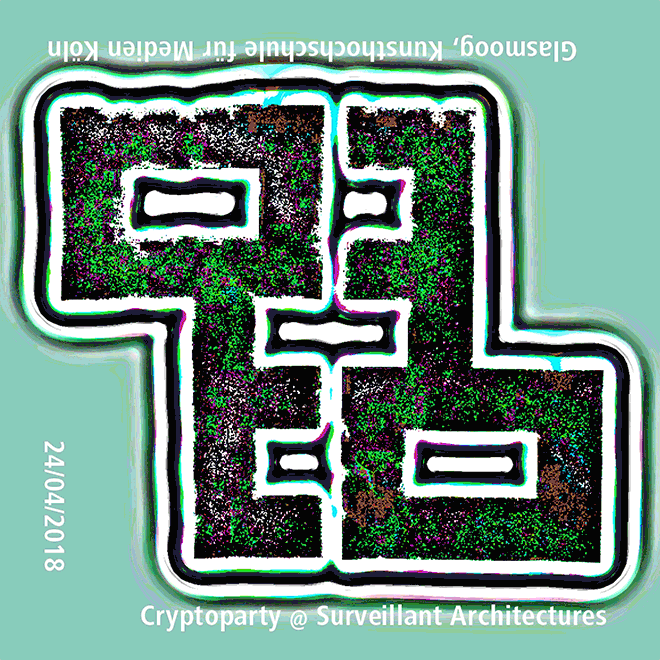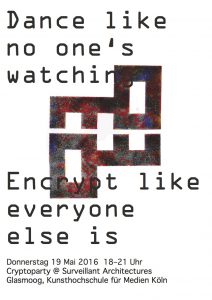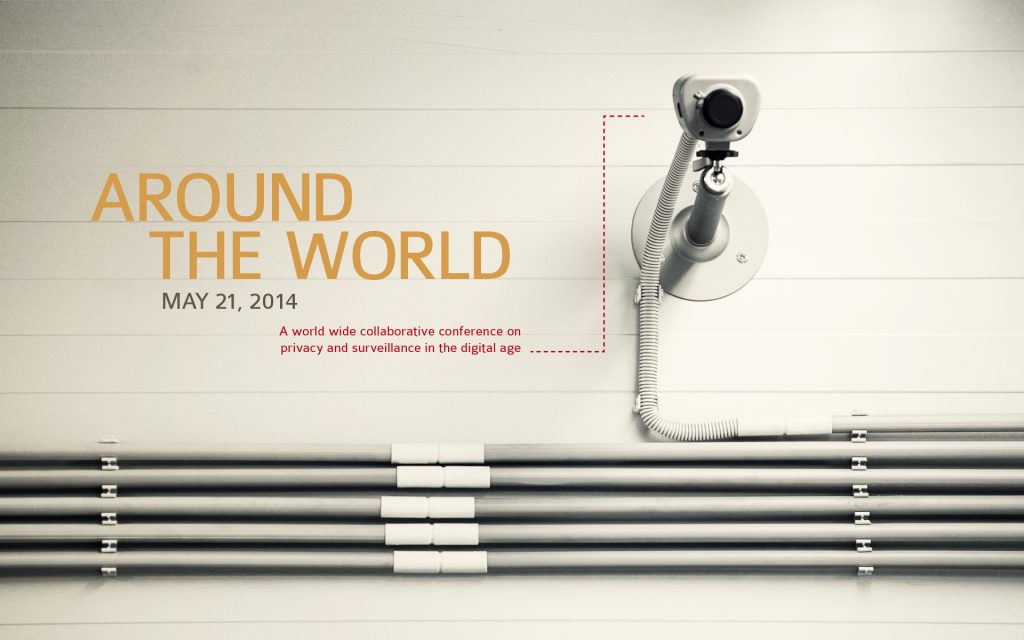… btw, looking forward to the upcoming CrypoParty @ Glasmoog on 26 November 2019, where we will have a workshop, exchange and conversations to emancipate from technologically conditioned powerlessness!
Here are some of the ways our unequal relationship with our smartphones is like an abusive relationship:
They isolate us from deeper, competing relationships in favour of superficial contact – ‘user engagement’ – that keeps their hold on us strong. Working with social media, they insidiously curate our social lives, manipulating us emotionally with dark patterns to keep us scrolling.
They tell us the onus is on us to manage their behavior. It’s our job to tiptoe around them and limit their harms. Spending too much time on a literally-designed-to-be-behaviorally-addictive phone? They send company-approved messages about our online time, but ban from their stores the apps that would really cut our use. We just need to use willpower. We just need to be good enough to deserve them.
They betray us, leaking data / spreading secrets. What we shared privately with them is suddenly public. Sometimes this destroys lives, but hey, we only have ourselves to blame. They fight nasty and under-handed, and are so, so sorry when they get caught that we’re meant to feel bad for them. But they never truly change, and each time we take them back, we grow weaker.
They love-bomb us when we try to break away, piling on the free data or device upgrades, making us click through page after page of dark pattern, telling us no one understands us like they do, no one else sees everything we really are, no one else will want us.
It’s impossible to just cut them off. They’ve wormed themselves into every part of our lives, making life without them unimaginable. And anyway, the relationship is complicated. There is love in it, or there once was. Surely we can get back to that if we just manage them the way they want us to?
Nope. Our devices are basically gaslighting us. They tell us they work for and care about us, and if we just treat them right then we can learn to trust them. But all the evidence shows the opposite is true. This cognitive dissonance confuses and paralyses us.




